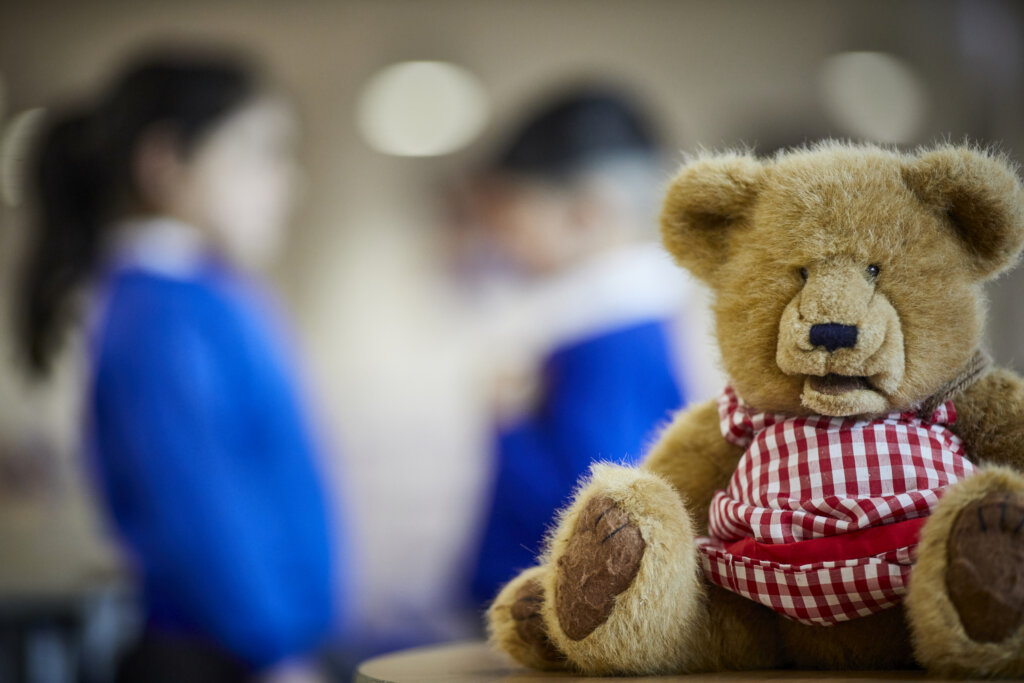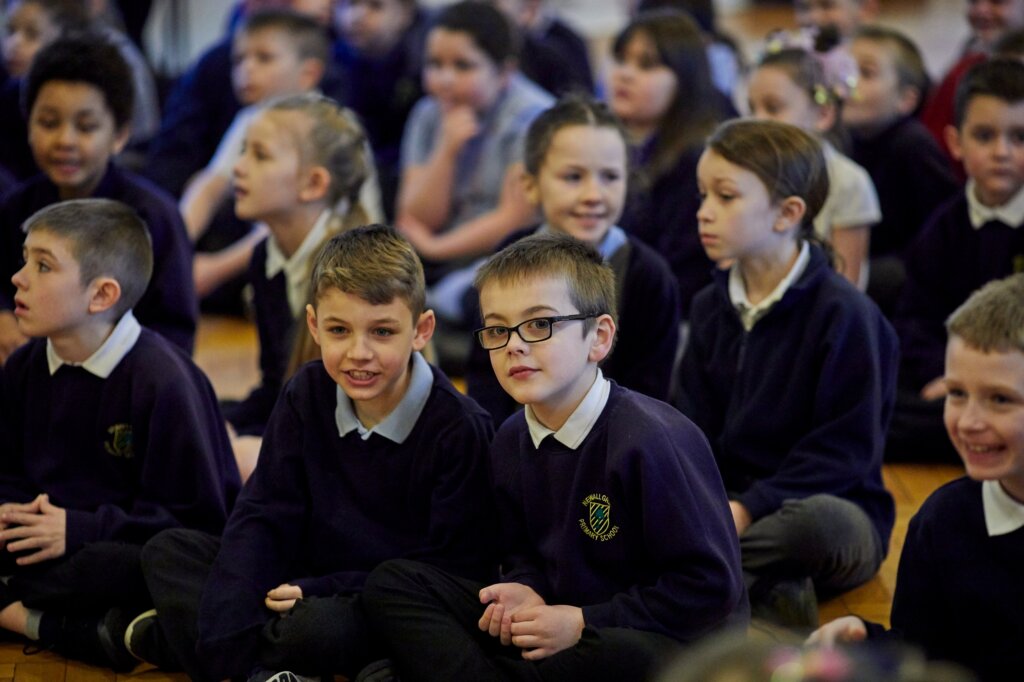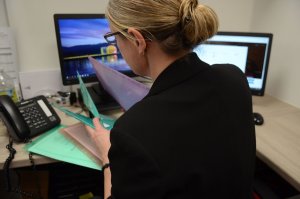What are ACEs?
Between 1995-1997 a study was completed in Southern California of childhood experiences, health and behaviours of a group of adults. The study identified that children who experienced crisis, trauma, difficulties & abuse or ‘Adverse Childhood Experiences’ were more likely to have poor health, mental wellbeing and reduced economic and social outcomes in adulthood. ACEs are stressful and traumatic events experienced by children and young people. These can be directly harmful experiences such as physical, emotional, sexual abuse & neglect.
ACEs are also stress factors and events which affect the environment of the child, such as illness, parental substance misuse, family separation, mental illness or imprisonment of a parent/ carer. They can be a specific crisis or traumatic event such as the death of a loved one, child & parental illness or witnessing the abuse of another.
Adverse Childhood experiences are not just stressful situations that a child may experience, but are situations or experiences that are extremely overwhelming, induce fear in a child over prolonged periods of time, or where they experience stress or events without the appropriate support to understand and process the experience. ACEs can have an impact upon a child both in the present and in adulthood.
The original study identified links to the ‘fight, flight or freeze’ response in the brain, which is usually a protective response to individual threats, stress or trauma that with the right support at the time of the event is just that, a protective response. The study states that those experiencing trauma, crisis or threats continually over a long period of time means that the child remains at a heightened response level. They may be unable to return to a natural relaxed state, leading to being unable to concentrate, definitely unable to learn, poor behaviour and physically the body is continually flooded by stress hormones. This is obviously going to have a long-term effect on the mental wellbeing, physical health and behaviour of children and young people moving into adulthood.
ACEs are linked to lifelong physical and mental health problems, increased risk taking, anti-social behaviour and even criminal behaviours. However, all children who experienced ACEs are not necessarily predestined to have poor outcomes – with the right support and importantly the right caring relationships, children can build the resilience to overcome their difficulties. This shows the importance of being ‘trauma informed’, or a ‘trauma responsive school’ which can have a significant positive impact on a child or young person. Being able to provide the right emotional scaffolding & mental health support through difficult times, abuse or trauma may prevent difficulties in late life.
An Easy Way to Understand!
The Little Book of Adverse Childhood Experiences created in conjunction with Lancashire safeguarding Partnership talks of pennies in the bank of children’s wellbeing – from conception and throughout childhood.
Pregnancy: Mother received adequate medical care, support from her partner, community, family and friends – each time a penny is deposited in the child’s bank of wellbeing – this continued in the first 1000 days of the child’s life – care from the mother, family etc. each time a further penny is deposited building that child’s resilience, health and wellbeing.
There may be times when for example there are times of parental stress, a bereavement or financial hardship which may mean that withdrawals are made from the Wellbeing bank however, there is enough pennies in that bank to ensure that this does not become an overdrawn account or the account is in deficit.
Children experiencing ACEs may already be in deficit at birth and further hardships or ACEs can deplete the child’s wellbeing account further – leading to physical and mental difficulties in later life.
We know that ACEs are Common!
Studies suggest that at least half of the adult population of the United Kingdom have experienced at least 1 ACE in childhood and more than 1 in 10 adults have grown up in households where they have experienced 4 or more.
The resource Inspiration from ACE Interrupters in Great Britain suggests that 16% of O-5-year olds are currently being exposed to ACEs in the UK and 19% of children ages 6-15 are being exposed to domestic violence, poor parental mental health, illness or substance misuse.
What Kinds of Experiences?
- Abuse
- Neglect
- Domestic Violence
- Death of a parent
- Bullying
- Extreme poverty
- Serious accident/ injury
- Racial and homophobic abuse
- Violence in the community
At this time, we must also consider the impact of the stress of being in lockdown/ concerns around becoming ill, bereavement, financial hardship, poverty all connected with Covid-19. There is the impact of national/ international trauma but also that children and young people at risk of abuse being in that environment for long periods of time without the support they would usually get from being in school.
We are pleased to be joined by Siobhan Collingwood at our Safeguarding Conference in February to further understand ACEs and how to support pupil’s wellbeing in school.
For more information about our Virtual Safeguarding Conference in February 2021, and to book your place, visit the event on our website here.
References & Resources
- The Little Book of ACES by Siobhan Collingwood & others in coordination with Lancashire Children’s Safeguarding Assurance Partnership (2018)
- Adverse Childhood Experiences by Blackburn & Darwen Council & Public Health Wales
- Childhood Trauma & the Brain by UK Trauma Council
- NHS Scotland
- Inspiration from ACE Interrupters in Great Britain, Public Health Scotland & Public Health Wales
















